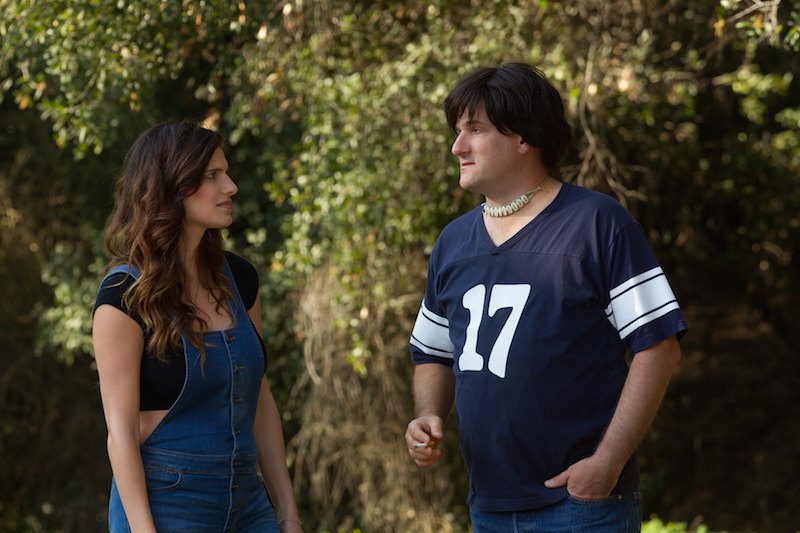By providing your information, you agree to our Terms of Use and our Privacy Policy. We use vendors that may also process your information to help provide our services. This site is protected by reCAPTCHA Enterprise and the Google Privacy Policy and Terms of Service apply.
How ‘Wet Hot American Summer’ Creators David Wain and Michael Showalter Got the ‘Camp’ Back Together


Nearly three months ago, Netflix held a massive event in Los Angeles for the press to meet with select stars, writers and various talent behind their upcoming slate of original programming. A number of interviews have been published that were conducted that day, but few shows had less information available leading up to that day than “Wet Hot American Summer: First Day of Camp.” The first photos weren’t even released until late May, so to say reporters had a fair share of questions when speaking to the creators — David Wain and Michael Showalter — would be an understatement.
While reporters got their first shot at press conference, Indiewire was also able to land a sit-down with Wain and Showalter. The externally laid back but internally quick-witted duo casually discussed the process of getting such a celebrity-laden series off the ground, why it was important to revisit a celebrated part of their past, the reasons for making a prequel instead of a sequel and, of course, cracked some jokes about Auschwitz between questions.
Thanks for making the time. The first thing I really wanted to touch on is something that we mentioned in the round table—


READ MORE: Watch: ‘Fargo’ Season 2 Trailer Gets Funky, Funny and Violent


“Wet Hot American Summer: First Day of Camp” premieres Friday, July 31 exclusively on Netflix.
READ MORE: ‘X-Files’ Fans, Let’s Revisit Just How Bad ‘I Want to Believe’ Was
By providing your information, you agree to our Terms of Use and our Privacy Policy. We use vendors that may also process your information to help provide our services. This site is protected by reCAPTCHA Enterprise and the Google Privacy Policy and Terms of Service apply.

















